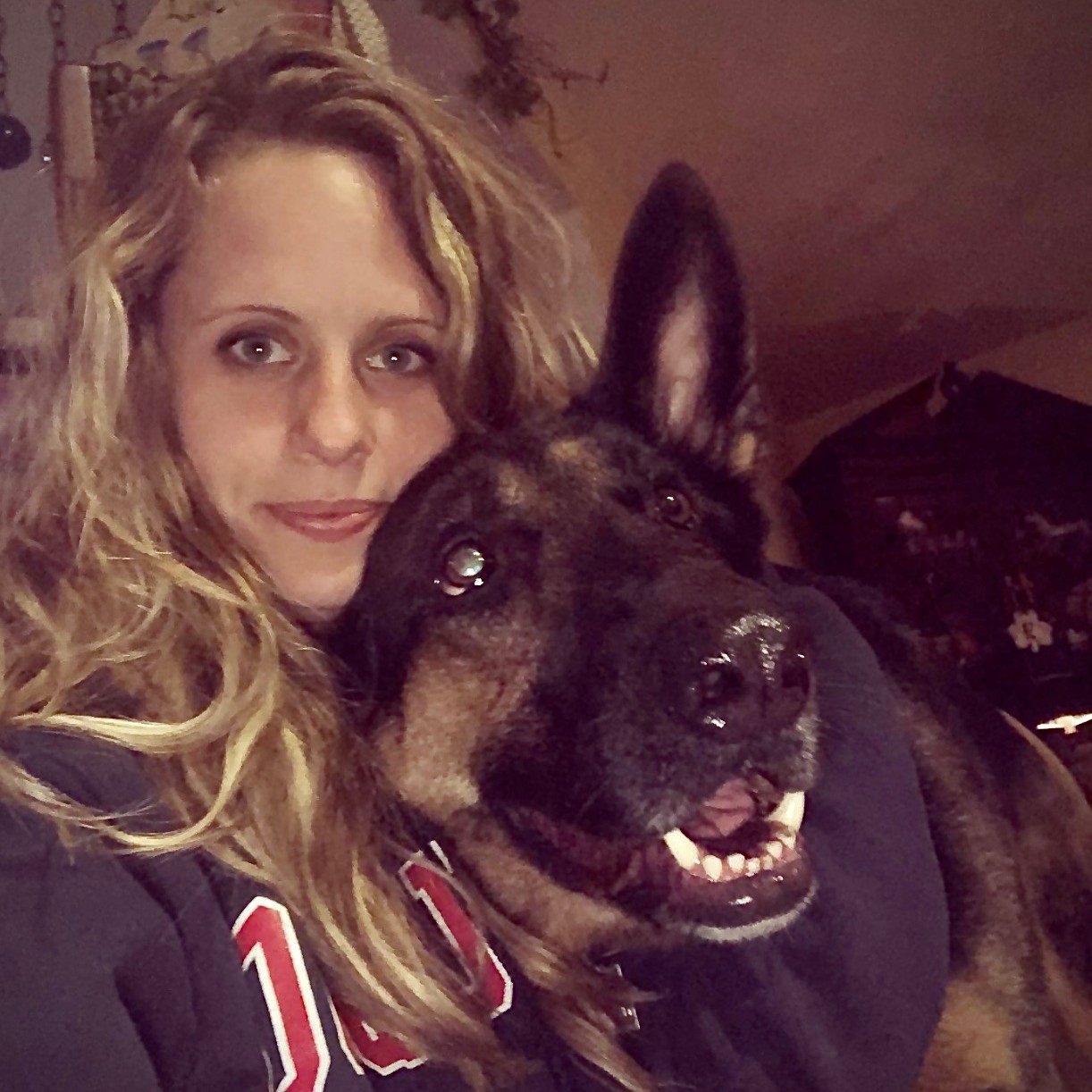Wednesday, Jun 9, 7 PM EDT
Choose how you would like to access the recording below

Going to the vet can be a stressful event for our dogs. I recently took my German Shepherd to the vet for the first time in 4 years to get x-rays done and he had to be sedated. I want to share with you my pre and post vet protocol that helped sustain his immune system, and also lessened the side effects (mainly diarrhea) from the stress of the day and from the sedative.
When a dog has a high level of stress and fear, they have an increase in energy and adrenaline, a higher heart rate, larger lung capacity, and the body slows the urine and digestive tracts through decreased blood flow to the kidneys. Additionally, an increase of the hormone cortisol is released, which temporarily shuts down body functions that aren’t needed during times of stress, including digestion and reproduction. All these reactions prepare for the fight or flight mode. When the threat is removed, the stressor is gone, the body is only then able to calm and goes back to functioning normally.
So knowing that our dogs are stressed and anxious when visiting the vet, we can prepare their immune system starting 3 days before the visit, give them some calming aids right before the visit, and then boost their immune system right after the visit to promote healing within the body and give support to the vital organs.
Please join me in this safe space to talk about how we can support our dogs naturally regardless of what they went to the vet for. We can all use some healing, especially surrounding stressful events. P.S. us humans should also be using these protocols when we are stressed :)
